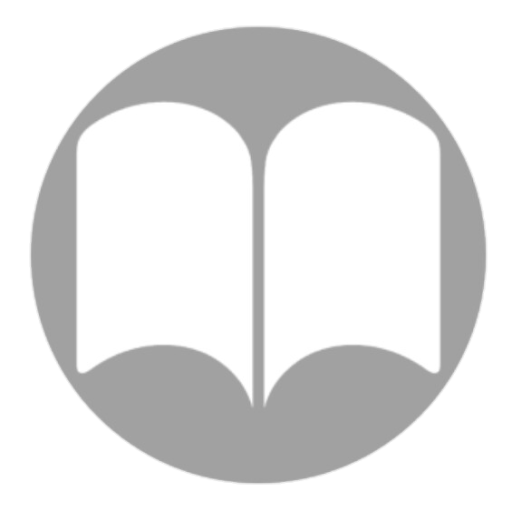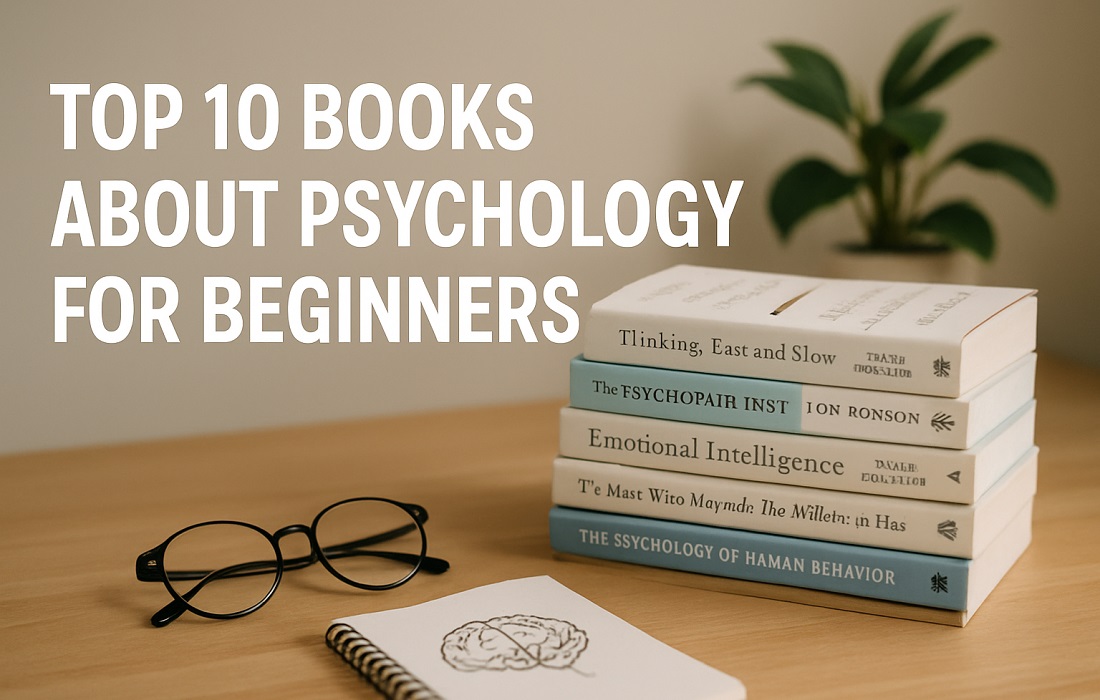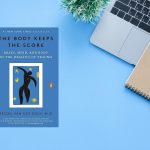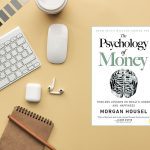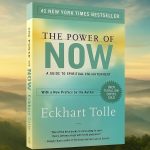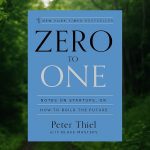Understanding psychology is a powerful step toward better self-awareness, stronger relationships, and personal growth. Whether you’re new to the subject or seeking actionable insights, this curated list of the Top 10 Books about Psychology for Beginners features proven bestsellers from Amazon and The New York Times. Each book breaks down essential psychological theories, everyday behavior, and the science behind how we think, feel, and act. From classic foundations to modern favorites, these selections are accessible, engaging, and perfect for anyone eager to explore the fascinating world of human psychology. Start your journey with these must-read introductions.
Top 10 Books about Psychology for Beginners
1. Thinking, Fast and Slow by Daniel Kahneman
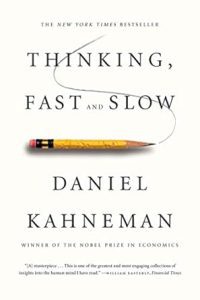
Nobel laureate Daniel Kahneman’s masterwork, Thinking, Fast and Slow, explores how our minds process information and make decisions. Kahneman divides human thought into two systems: the fast, intuitive “System 1” and the slower, deliberate “System 2.” Drawing on decades of cognitive and behavioral research, he reveals how our intuition, while effective, often leads us astray through predictable cognitive biases. The book provides vivid real-world examples and experiments to illustrate how memory, judgment, and decision-making work. Beginners benefit from clear, engaging narratives explaining how we jump to conclusions, overlook probabilities, and allow emotions to drive choices. Thinking, Fast and Slow not only exposes hidden flaws in our reasoning but also equips readers with tools to recognize and counteract these patterns. Widely celebrated by scientists and the general public, this book is a vital foundation for anyone interested in psychology, behavioral economics, or personal development. Kahneman’s insights encourage readers to question their snap judgments and cultivate wiser decision-making habits, making it essential reading for those new to the field.
2. The Man Who Mistook His Wife for a Hat by Oliver Sacks
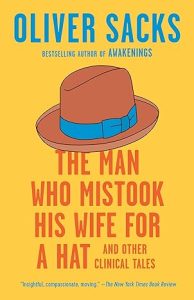
In The Man Who Mistook His Wife for a Hat, renowned neurologist Oliver Sacks collects extraordinary, true stories from his clinical practice. Each case, from a man unable to recognize objects to an individual with amnesia who lives only in the present, showcases the profound complexity—and fragility—of the human mind. Sacks writes with empathy and curiosity, making even the most bewildering disorders accessible and relatable to beginners. Rather than focusing strictly on diagnoses, he brings the reader into the patient’s lived experience, encouraging a deeper understanding of what it means to be human. The book blends science, philosophy, and storytelling, making abstract neurological concepts tangible. For those new to psychology, Sacks offers an engaging gateway into neuropsychology, demonstrating how compassion and scientific inquiry go hand in hand. The Man Who Mistook His Wife for a Hat remains a staple for psychology students and curious readers alike, grounding psychiatric theory in unforgettable personal stories that change how we see the mind.
3. Influence: The Psychology of Persuasion by Robert B. Cialdini
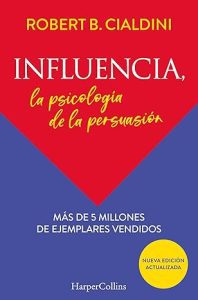
Cialdini’s Influence is a legendary introduction to the forces that shape our decisions, from everyday purchases to life-changing choices. Drawing on extensive research and real-life experiments, Cialdini identifies six universal principles of persuasion: reciprocity, commitment, social proof, authority, liking, and scarcity. With engaging case studies and practical examples, he reveals how marketers, salespeople, and even friends use these tools, often without our awareness. Beginners will benefit from the book’s concrete advice on how to recognize—and defend against—manipulative tactics in the real world. However, Cialdini isn’t just interested in warning readers; he also shows how understanding these forces can help us ethically influence others, build better relationships, and make wiser decisions. Influence is not only a perennial bestseller but has become foundational reading in psychology, business, and communication courses worldwide. For anyone curious about why people say “yes”—and how to be more persuasive themselves—this accessible, research-driven classic is a must-read.
4. Mindset: The New Psychology of Success by Carol S. Dweck
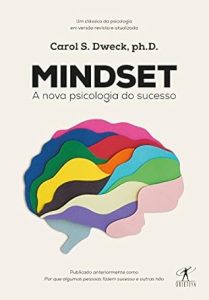
In Mindset, psychologist Carol S. Dweck introduces a transformative concept that has revolutionized education, business, and sports: the distinction between a fixed mindset and a growth mindset. Drawing on decades of research, Dweck shows how believing that traits like intelligence and talent are malleable—rather than fixed—leads to greater achievement, resilience, and fulfillment. The book is filled with inspiring stories of teachers, athletes, and everyday people who transformed setbacks into opportunities for growth. For beginners, Dweck explains the science behind motivation and learning in straightforward language, providing tools to shift self-talk and cultivate a “can-do” attitude. Mindset is essential for those seeking personal development or professional success, as it emphasizes the power of perseverance, effort, and constructive feedback. By exploring the profound impact of beliefs on achievement, Dweck empowers readers to break free from limiting patterns and unlock their full potential. Consistently topping bestseller lists, Mindset is an accessible, practical guide for anyone beginning their journey into the psychology of achievement and human potential.
5. Behave: The Biology of Humans at Our Best and Worst by Robert Sapolsky
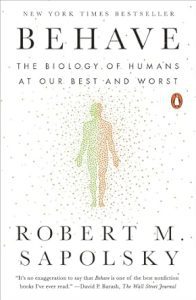
Robert Sapolsky’s Behave is a sweeping, engaging tour of human behavior—unpacked through the lens of biology, psychology, and culture. Sapolsky, a renowned neuroscientist and primatologist, explores why we do the things we do, from acts of kindness to moments of violence. He delves into the neuroscience of decision-making, the hormonal and genetic influences on temperament, and the evolutionary roots of morality. What makes Behave particularly welcoming to beginners is Sapolsky’s witty, conversational style, his use of vivid anecdotes, and his willingness to explain foundational concepts without jargon. Throughout the book, he emphasizes that our actions are influenced by complex layers, ranging from brain chemistry and childhood experiences to cultural expectations. Behave helps readers appreciate the deep interconnectedness of biology, psychology, and environment in shaping who we are. The book is both enlightening and humbling, encouraging readers to consider the roots of their own behaviors with empathy and wonder. If you’re new to psychology and curious about what truly makes people tick, Behave offers a balanced, accessible introduction.
6. The Power of Habit: Why We Do What We Do in Life and Business by Charles Duhigg
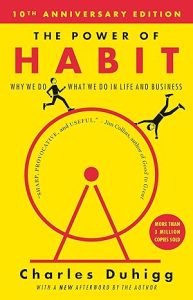
Charles Duhigg’s The Power of Habit explores the captivating science behind why habits form, how they shape our lives, and how we can change them. Duhigg, a Pulitzer Prize-winning reporter, draws from cutting-edge psychology and neuroscience to reveal the habit loop: cue, routine, reward. He uses real-world examples—from Olympic athletes to major corporations—to show how small behavioral tweaks can lead to big results. The book’s compelling stories and actionable framework make complex psychological insights easy to grasp for beginners. Duhigg also provides practical strategies for replacing bad habits and building lasting, positive routines. At every step, he illustrates how understanding the mechanisms of habit enables individuals and organizations to transform their effectiveness. The Power of Habit remains a top bestseller because it empowers readers with both the “why” and the “how” of change. For anyone new to psychology curious about self-improvement, productivity, and behavioral science, this book is an essential, motivating next step.
7. Emotional Intelligence: Why It Can Matter More Than IQ by Daniel Goleman
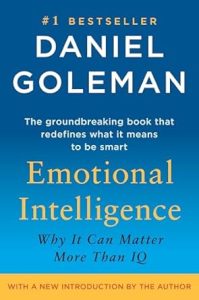
Daniel Goleman’s Emotional Intelligence brought a groundbreaking shift to popular understanding of what drives success and happiness. Goleman reveals that skills like self-awareness, empathy, and emotional regulation often matter more than traditional measures of intelligence. Combining psychological research with vivid storytelling, the book explains how emotional intelligence (EQ) affects everything from relationships and leadership to mental health. Beginners will appreciate Goleman’s engaging style and practical tips for building EQ in everyday life, work, and learning. He explores the neuroscience of emotion, the roots of empathy, and evidence-backed exercises for cultivating emotional insight. Since its publication, Emotional Intelligence has become a cornerstone for educators, managers, and anyone interested in personal growth. It’s a must-read introduction for those new to psychology, offering life-changing lessons for anyone seeking to better understand themselves and others in a complex, emotional world.
8. Man’s Search for Meaning by Viktor E. Frankl
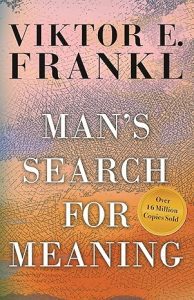
Man’s Search for Meaning is part memoir, part psychological meditation from Viktor Frankl, an Austrian psychiatrist who survived Nazi concentration camps. Frankl’s experiences in the harshest circumstances formed the basis of logotherapy, a school of thought centered on finding meaning as the key to psychological resilience and well-being. His moving narrative combines personal account with clear psychological insight, making profound themes accessible to all readers. Frankl argues that our greatest power lies in choosing our response to suffering—a lesson that continues to inspire psychologists and the public alike. The book gently introduces core ideas in existential psychology, such as purpose, adversity, and human dignity. Simple, elegant prose and timeless examples provide clarity for beginners, inviting them to reflect on their own life’s meaning. Man’s Search for Meaning is more than history or psychology—it’s a universal guide to hope and perseverance, making it invaluable for those beginning their journey in psychology.
9. Quiet: The Power of Introverts in a World That Can’t Stop Talking by Susan Cain
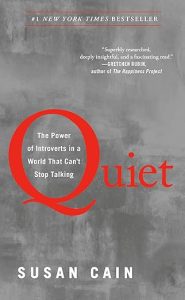
Susan Cain’s Quiet explores the rich inner world of introverts and challenges the cultural bias toward extroversion. Drawing from cutting-edge psychological research, Cain explains how introverted traits—such as deep thought, focus, and creativity—contribute to individual and collective success. Beginners will benefit from Cain’s clear breakdown of personality theory and her actionable advice for thriving at work, school, and in relationships as an introvert. The book shares stories of successful introverts and offers guidance for parents, teachers, and leaders on supporting all personality types. Cain’s compassionate, relatable tone makes complex psychological concepts accessible, transforming how readers think about themselves and others. Quiet has ignited a worldwide conversation about temperament and identity, making it essential reading not only for introverts but for anyone interested in understanding human diversity. For psychology beginners, it’s a gateway to self-acceptance and deeper interpersonal understanding.
10. Grit: The Power of Passion and Perseverance by Angela Duckworth
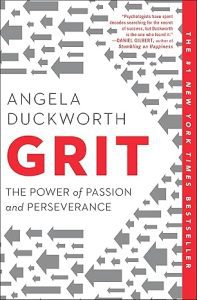
In Grit, psychologist Angela Duckworth introduces readers to the crucial factor behind long-term achievement: a blend of passion and perseverance she calls “grit.” Duckworth’s engaging research—spanning classrooms, military academies, sports teams, and Fortune 500 companies—reveals that talent alone doesn’t determine success; sustained effort, resilience, and purpose matter greatly. Duckworth offers practical strategies for cultivating perseverance, overcoming setbacks, and building a motivating sense of purpose. Beginners will appreciate her accessible explanations, self-assessment tools, and inspiring stories. The book combines robust scientific evidence with real-world application, making complex psychological insights understandable. Grit empowers readers to reimagine failure and persistence, embedding a growth-oriented mindset essential for any personal or professional journey. For those new to psychology, Duckworth’s work is a powerful reminder that enduring passion and steady progress lead to extraordinary results, making it an excellent starter for anyone eager to understand motivation and success.
Engage with Us: What Are Your Favorite Books?
